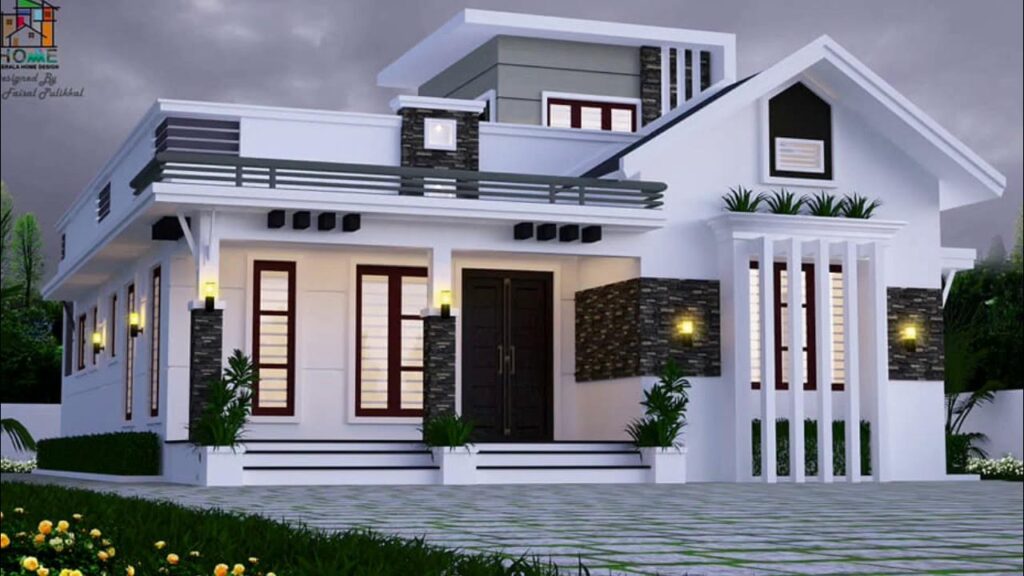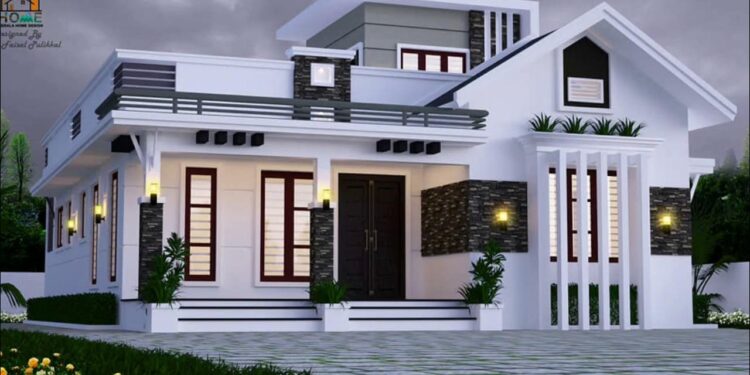The concept of waste management doesn’t have to be separate from your living space design. In contemporary times, the awareness about sustainable living and environment protection has compelled many homeowners to incorporate efficient waste management strategies in their home designs. No longer is waste disposal an afterthought; with creativity and foresight, it can contribute to a clean, efficient, and stylish home.
Understanding Home-Based Waste Management
The first step towards integrating waste management in your home design revolves around understanding what it actually implies. It does not just revolve around managing garbage, but also constitutes effective usage, storage and disposal of items you own.
This could span across a variety of commodities – right from food to electronics. All the products you bring into your home have a life cycle and require judicious usage and planned discarding.
Reducing Waste at Source
One of the most effective ways you can manage waste at home begins with reducing it at the source itself. Purchase less, choose wisely and make full use of everything that you buy. Consider investing in items that come with minimal packaging or those packaged with recyclable materials. Though initially formidable, the unfamiliar will in time become quotidian.
Sustainable Design Elements
Sustainable design elements can help promote efficiency while enhancing the aesthetic appeal of your space. From utilizing natural light through strategic window placement to using reclaimed materials in constructing furniture pieces – these eco-friendly methods all assist in effective waste reduction while ensuring your home looks stylish and modern.
Nature Integration for Waste Reduction
Nature offers several solutions for waste management right within your homes; composting organic kitchen waste, for example, is an excellent way to reduce landfill contribution. Establishing a compost pit in your garden not only helps manage the organic waste efficiently, but also enriches your home garden soil. Similarly, rainwater harvesting and greywater systems can be integrated into your home layout for smart water usage and management.

Considerate Layout planning
A mindful layout planning is integral to ensure efficient waste management within the house. Aesthetically pleasing yet practical areas for keeping recyclables, setting up composting units or coupling garbage disposal with storage areas in an organized manner should all be considered during the design phase.
Using Durable Materials
Using durable and long-lasting materials for building and decorating your property contributes greatly to waste reduction. Not only do they last longer, reducing the need for replacement, but their sturdiness ensures less breakage and wastage too. This goes a long way towards reducing the amount of trash that needs removal on a regular basis.
The Role of Technology in Waste Management
In this age of digital innovation, technology plays a crucial role in managing waste effectively within homes. Intelligent appliances that gauge energy utilization and reduce over-consumption are beneficial. There are various apps available that remind you of recycling schedules or even a reliable rubbish removal service near you.
Encouraging Reuse and Recycling
A dedicated space for recycling in your home design not only aids in efficient disposal but serves as a constant reminder to recycle wherever possible. Similarly, including spaces for repurposing items as décor elements helps establish an eco-friendly lifestyle right at home.
Bespoke Storage Solutions
Bespoke storage solutions that cater to individual needs can be tactfully incorporated into home designs to avoid unnecessary clutter. By providing adequate storage spaces for everything from clothes to electronics, one can control waste generation through the habit of organized living.
Inclusion of Green Spaces
Creating green spaces within your homes not only contributes to better air quality but also provides a spot for composting and gardening, further encouraging waste reduction. A vertical garden or an indoor hanging garden are easy ways to incorporate greenery in smaller spaces.
Energy Efficiency Measures
Aside from material wastage, a conscientious home design includes efficient management of energy waste too. Integrating solar panels or wind energy installations, opting for LED lighting, along with other energy-saving appliances helps in reducing energy wastage and maintaining an eco-friendly household.
Maintaining Indoor Air Quality
Indoor air quality has a direct effect on your health. Incorporating natural ventilation techniques in your home design not only reduces dependence on mechanical ventilators but also controls accumulated dust and airborne bacteria, which is another form of waste needing regular management.
Waste Management for Children
We cannot forget about our future generations while talking about sustainable homes. Providing children with dedicated spaces to store and sort their stuff encourages organization and reduces mess. Teaching them about recycling, reusing and reducing waste sets the base for lifetime habits that promote sustainability.
Changing Lifestyle for Sustainable Living
Sustainable living involves more than just incorporating clever home designs; it requires a major change in lifestyle habits. These changes do not necessarily need to be drastic; even small incremental steps towards reducing material consumption can help in achieving sustainable living goals.
Aiming beyond Zero Landfill
The end-goal should not just be about achieving zero landfill contribution, but we should aspire towards net-positive impact via efficient waste management. Through strategic planning and conscious efforts, it’s possible to convert our homes into self-sustaining units that not only produce minimal waste but also contribute positively to the environment.
Looking Ahead
Waste management integrated into home designs is more than a trend; it’s a necessity in today’s age of environmental consciousness. More than just helping the planet, these methods enrich your everyday life by fostering mindfulness, promoting health and wellness and reducing clutter. It’s about time we embraced responsible living, and it couldn’t be easier when our homes are designed to facilitate it.





